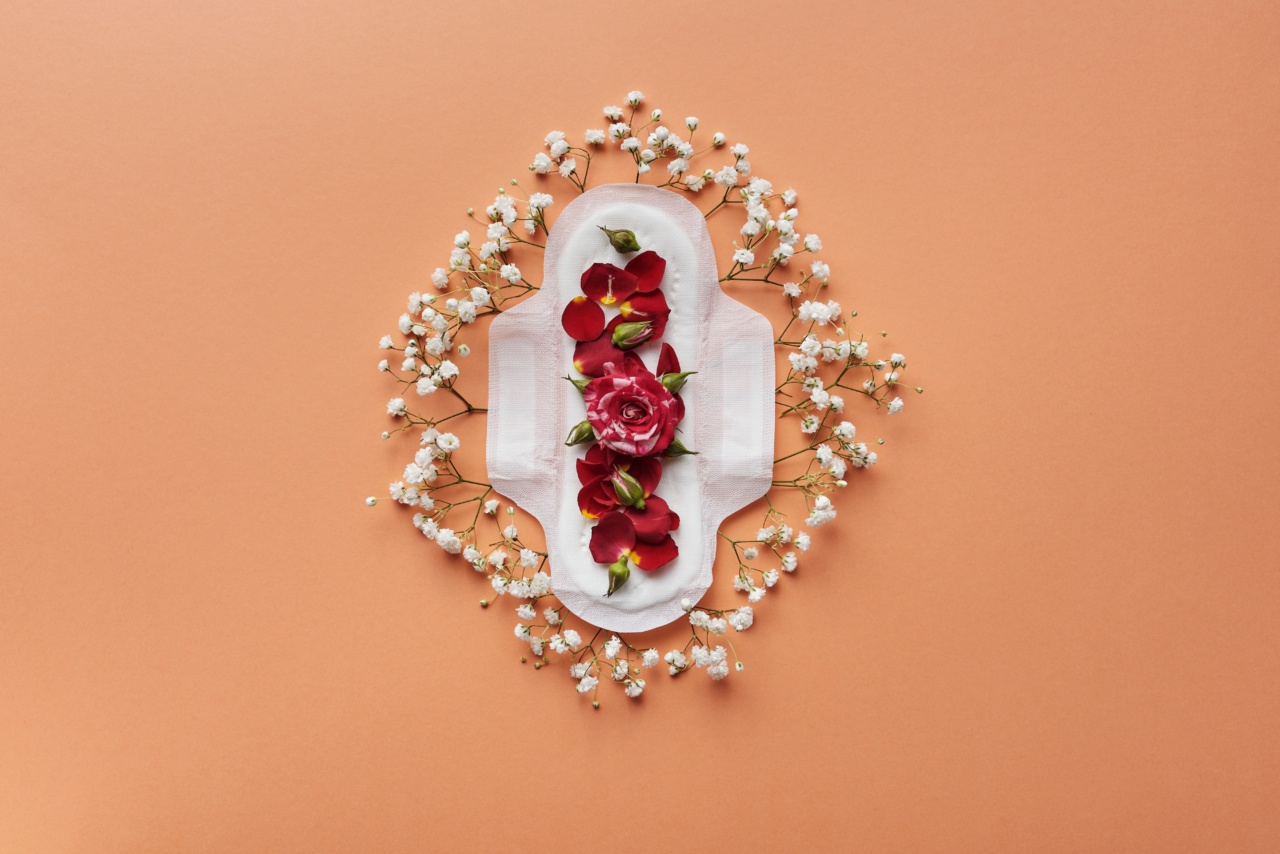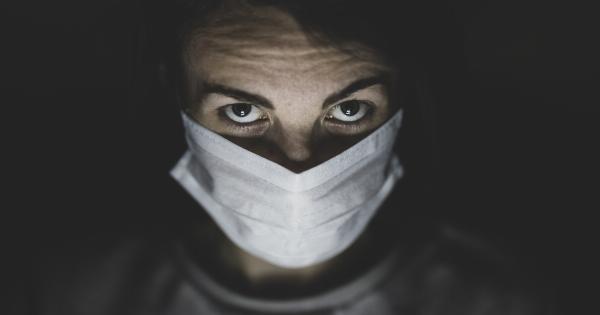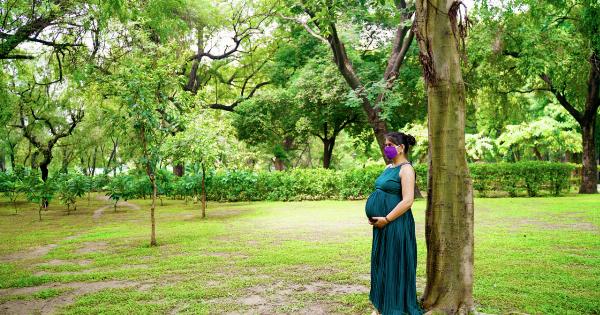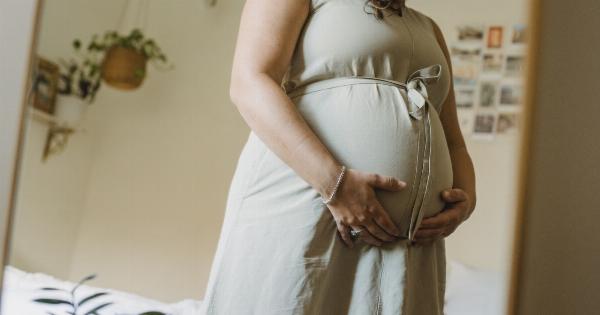For many women, pregnancy is an exciting and life-changing event. However, it can also be a confusing time, especially when it comes to understanding how a woman’s menstrual cycle works during pregnancy.
One common question that many women ask is whether they can have a period and still be pregnant. In this article, we’ll explore the answer to this question in detail.
What is a Period?
Before we can dive into whether it’s possible to have a period and still be pregnant, it’s important to understand what a period is and how it works. A period is a part of a woman’s menstrual cycle.
It typically lasts between 3-7 days and involves the shedding of the uterine lining that has built up over the previous month in preparation for a potential pregnancy.
During a woman’s menstrual cycle, several hormones work together to prepare the body for pregnancy.
These hormones signal the ovaries to release an egg each month, which then travels down the fallopian tube and can be fertilized by sperm, resulting in pregnancy.
If the egg is not fertilized, the uterus sheds its lining, which is what causes a woman to have a period. This process is repeated each month, except during pregnancy when the body prepares for growing a baby instead of shedding the uterine lining.
Can You Have a Period and Still Be Pregnant?
The short answer to this question is no, it is not possible to have a period and still be pregnant.
As we’ve just discussed, a period is the result of shedding the uterine lining when a fertilized egg is not implanted in the uterus and pregnancy does not occur.
During pregnancy, the body undergoes many changes to support the growth and development of the fetus. One of these changes is the halt of the menstrual cycle.
If a woman becomes pregnant, her body will stop shedding the uterine lining and therefore, she will not have a period until after the baby is born.
What Can Cause Bleeding During Pregnancy?
While it’s not possible to have a true period during pregnancy, some women may experience bleeding or spotting during the early stages of pregnancy. This bleeding can be caused by a range of factors, including:.
- Implantation bleeding: Some women experience light bleeding or spotting when the fertilized egg implants itself in the uterus, which can happen about a week after conception.
- Cervical irritation: During pregnancy, the cervix (the opening to the uterus) can become more sensitive and may bleed if there is irritation or minor trauma, such as from intercourse or a vaginal exam.
- Miscarriage: Unfortunately, some pregnancies may end in miscarriage, which can cause bleeding and cramping. If you experience heavy bleeding and severe cramping during pregnancy, it’s important to seek medical attention right away.
- Ectopic pregnancy: An ectopic pregnancy occurs when a fertilized egg implants outside the uterus, typically in the fallopian tube. This can cause bleeding and abdominal pain and is a medical emergency.
- Molar pregnancy: In rare cases, a pregnancy may develop into a molar pregnancy, which is a type of tumor that grows inside the uterus. This can cause bleeding, cramping, and other symptoms, and requires medical treatment.
When Should You See a Doctor?
If you are pregnant and experience any bleeding or spotting, it’s important to contact your doctor right away.
While some bleeding during pregnancy may be normal, any bleeding can also be a sign of a more serious issue, such as a miscarriage or ectopic pregnancy. Your doctor will be able to determine the cause of your bleeding and provide any necessary treatment.
Conclusion
In summary, it is not possible to have a period and still be pregnant. During pregnancy, the body halts the menstrual cycle and the uterine lining is not shed, resulting in the absence of a period.
However, some women may experience bleeding or spotting during pregnancy, which can be caused by a number of factors that require medical attention. If you are pregnant and experience any bleeding or other symptoms, it’s important to seek medical care right away.



























